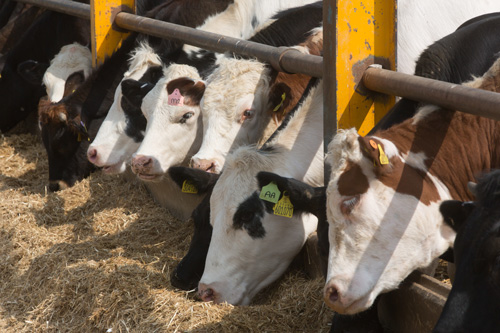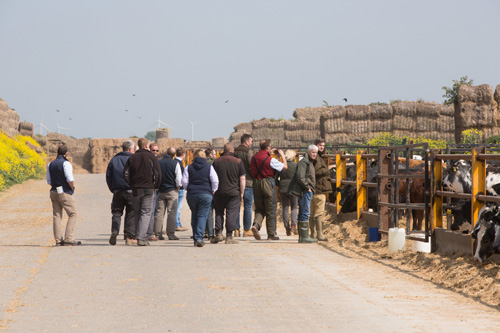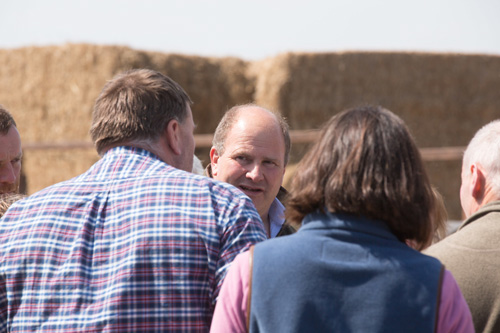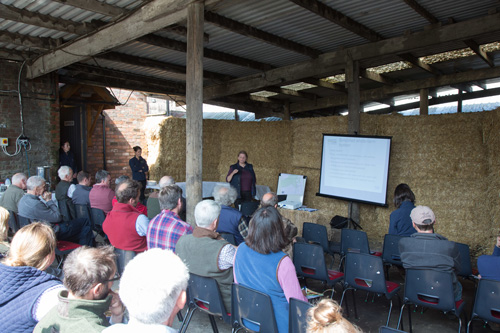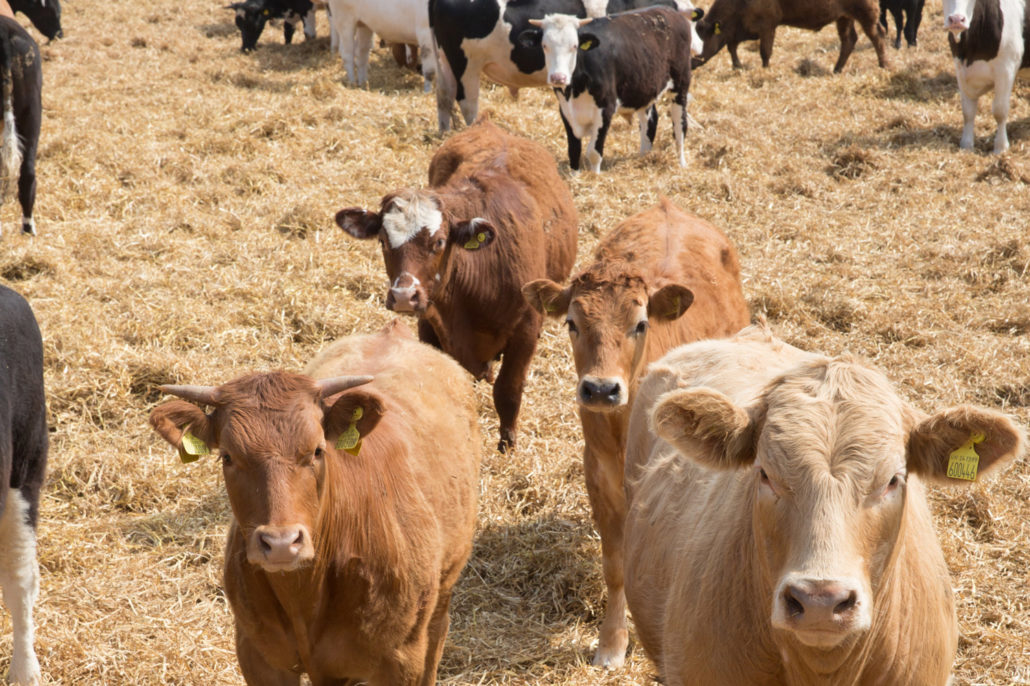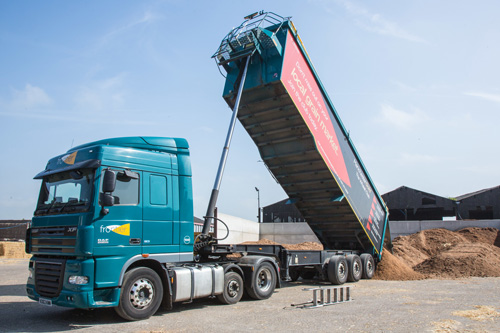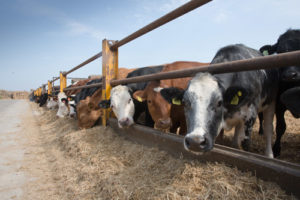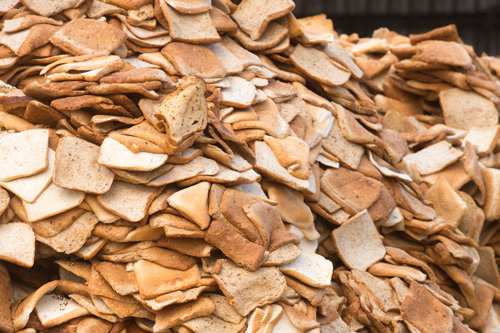SOUTHFIELD FARM
“Working in partnership with our community”
Our goal is to become the kind of farm that people in the community are proud of, a job creator, a supporter of the local economy, a partner to local farmers and a responsible and sensitive neighbour.
1 – There are mixed reports on what you are doing here in Louth – can you please summarise your farming business
Our family has farmed in the Louth area for more than four generations. We farm over two holdings, Southfield Farm and nearby Manby Airfield, which gives us a total site of 125 acres. We grow around 100 acres of wheat and barley, and rear some 6000 beef cattle every year. At any one time we have a maximum of 3000 animals between the two sites.
With the beef enterprise we buy in animals at approximately 18 months, and finish them over a three to six month time period, slaughtering at about 24 months. We sell our beef cattle to a range of local and national buyers, all of whom demand strict health and welfare standards for all our animals, and we have regular inspections to ensure we’re meeting these requirements.
We employ eight full time staff and two part time staff, working alongside many neighbouring farms to provide organic, nutrient rich fertiliser for crop production. We strive for a sustainable farming system that supports our community, offers local employment, and provides world class standards for beef production.
3 – How do you ensure you provide high levels of animal health and welfare?
Our business depends of the health of the animals, and therefore our priority is ensuring we provide a thriving environment in which these animals can grow. We have regular visits (announced and unannounced) from DEFRA, the Animal Health and Veterinary Laboratories Agency (AHVLA), Trading Standards, Rural Payment Agency, Red Tractor and other farm assurance audits and, of course, our customers. We are sometimes are required, as part of their national monitoring, by the AHVLA for their vets to take random urine samples to check for any illegal substances, growth hormones for example which, although legal in some countries, are banned here. I’m pleased (but not surprised!) to say our animals have always passed any such scrutiny or test.
Having large numbers allows us to group our animals according to size and age, in turn enabling us to ensure the absolute best nutrition and care for each specific group. It also gives us the opportunity to employ specialist, trained staff who will manage these animals to high class standards.
We’re always delighted to welcome individuals who want to come and pay us a visit, and often host industry open days and groups from the local agricultural college. Please get in touch if you would like to come and meet our team. We’d be delighted to show you around.
5 – What shelter and rest areas do the cattle have?
Each of the cattle pens is bedded with deep straw so they have comfortable areas in which to relax. The pictures on the website show this very clearly. We’ve built a special spreading machine which makes sure the pens are full of evenly distributed straw, which is topped up regularly, and cleaned out on a monthly basis.
The cattle are clean and very happy in their surroundings – when we put down fresh bedding they literally run and ‘dance’ their way into their new pen, which is so large, they have plenty of space in which to exercise themselves.
We use large straw bales as an additional ‘shield’ against the elements, a bit like a tall hedge. This gives them an additional wind break or shelter in bad weather and by living outside ensures they remain healthy.
7 – What reassurance do we have that you are looking after the cattle?
At our farms, we have an absolute commitment to animal welfare and sustainability.
We have full traceability from arrival to departure, and every aspect of management is closely monitored to ensure the animal thrives.
We also encourage national organisations to work with us to demonstrate the benefits of our farming systems, for example we have recently worked with AHDB and with Alltech to look at our carbon footprint.
9 – How do you work with the environment?
We farm in an environmentally sensitive way, and believe strongly in protecting and encouraging local flora and fauna. Working with neighbouring farms, we are providing natural organic fertilisers which provide the soil with a rich source of nutrients and, in turn, improves soil structure. This has long term benefits for the soil, the crops produced on that land, and the need for artificial fertilisers. And as the land becomes ‘richer’ so the animals living in and around it will thrive. Looking after our soils naturally, ensuring the nutrients remain and are continually replenished, is vital as we are farming for future generations.
One example of our pro-active stance is that we have put owl nesting boxes up, and are now reaping the rewards of encouraging owls across both farms. We also ensure that we use fully-qualified specialists when carrying out rodent control – it’s very important to us that we don’t harm any local wildlife.

